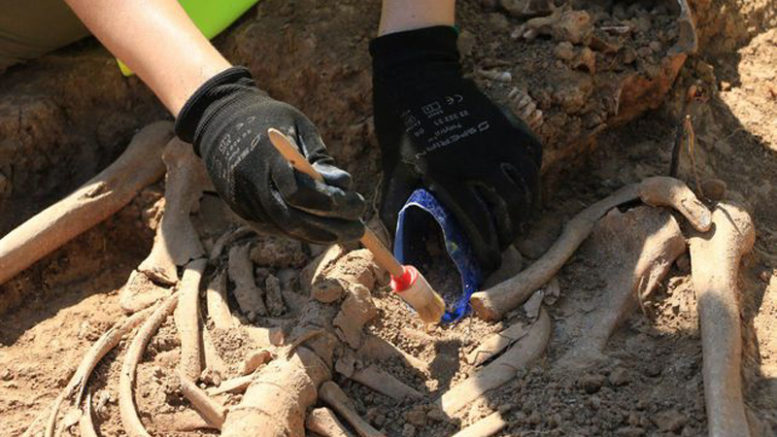• 12,000 executed by firing squads believed buried in Sevilla, Cordoba & Huelva
• Forensics teams to unearth mass graves across 17 Andalucia municipalities
The regional government of Andalucia is expanding efforts to identify the remains of victims executed by rebel military forces at the outset of the Spanish Civil War because of their loyalty to the democratically elected Republican government. Leveraging the region’s recently approved Ley de Memoria Democrática (“Law of Democratic Memory”), the plan will see forensics teams unearth the remains of victims at mass graves in 17 Andalucian municipalities, including the remains of some 12,000 victims believed buried in common graves at four cemeteries in the cities of Sevilla, Cordoba and Huelva.
The biggest push since the first common gravesite was opened in Andalucia in 2004, the expansion decreed by the regional government will be formally announced in Andalucia’s official gazette in the coming days. It will include excavation by forensics teams at a mass gravesite located at Sevilla’s San Fernando cemetery, where 4,200 individuals were believed to have been executed by firing squad and their bodies dumped by forces under the orders of rebel Gen. Gonzalo Quiepo de Llano.
A site containing the remains of an estimated 3,500 victims at Huelva’s Soledad cemetery will be excavated, as will two sites at Cordoba’s Salud and San Rafael cemeteries, the first containing the remains of some 1,700 and the second an estimated 2,300 victims. British historian Paul Preston estimates that a total of 55,000 supporters of the Republic, including captured Republican soldiers and civilians, were summarily executed across Andalucia by forces under the command of Quiepo de Llano early on in the armed conflict.
In addition to the excavations in Sevilla, Cordoba and Huelva, forensics work to identify the remains of victims will also begin at nearly 20 other sites throughout Andalucia, including those at: Alcóntar in Almería province; Benamahoma y Setenil de las Bodegas, in Cádiz province; Adamuz and Pozoblanco, in the province of Cordoba; Cúllar-Vega and Víznar, in Granada province; Berrocal, Cala and Cortegana, in the province of Huelva; Orcera in Jaén province, and Alcalá del Río, Almadén de la Plata, Cazalla de la Sierra, El Coronil and Utrera in the province of Sevilla.
► Read More in Spanish at Público, El Diario and Diario16 …


